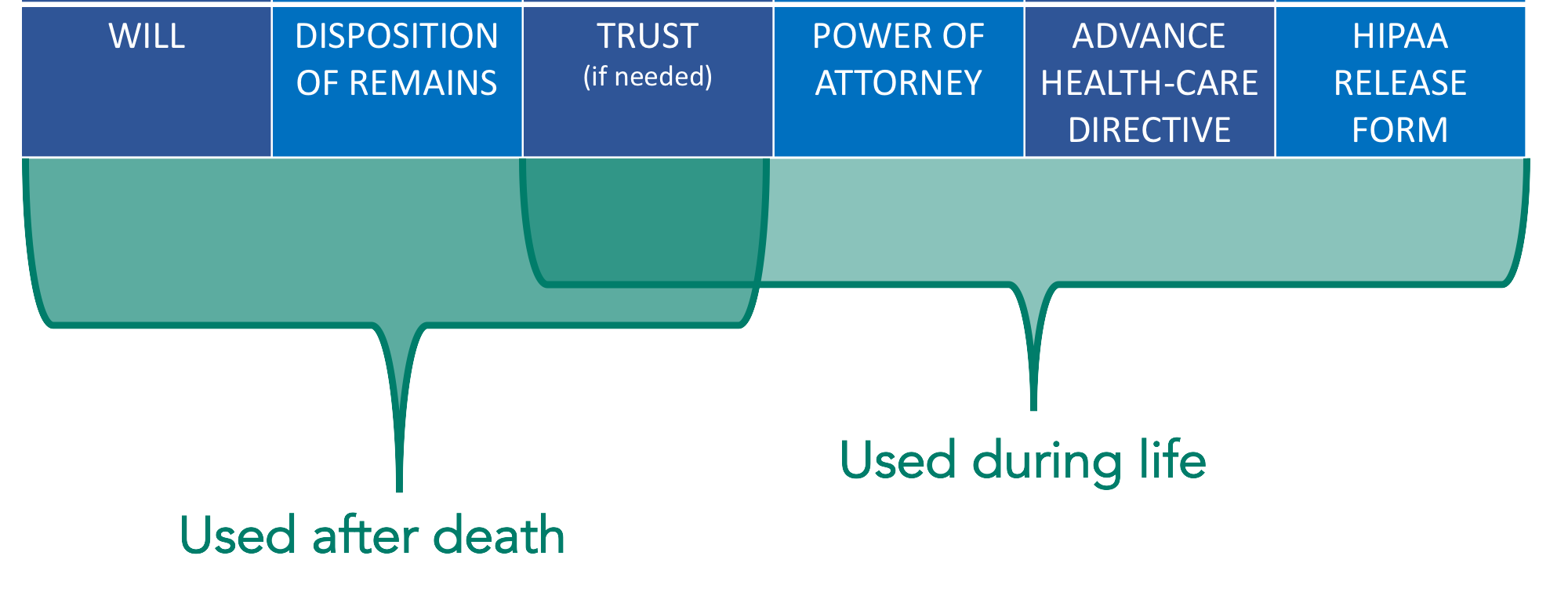WHAT IS HOSPICE?
Our guest Katherine Werner Brooks is the Executive Director of North Hawaii Hospice, headquartered in Waimea, on the Big Island of Hawaii. She sat down with John to shed some light on that daunting “D” word and what hospice actually does.
Katherine explains that contrary to popular belief, hospice is not a physical place, but a philosophy of care. The hospice philosophy aims to empower patients with life-limiting illness and their families to make life easier, by supporting their physical, emotional, social and spiritual needs. Technically speaking, hospice is a specialized type of care for those facing a life-limiting illness, their families and their caregivers.
WHO QUALIFIES FOR HOSPICE?
Each hospice organization is different in the services they provide and how people qualify, but at North Hawaii Hospice they provide compassionate, professional care at home for:
people and their families facing life-limiting illnesses
People seeking support with grief and bereavement
People seeking education about end-of-life issues
Visitors to Hawaii experiencing a sudden death or trauma while on island
With people and their families facing life-limiting illnesses, the patient generally must be considered “terminally-ill”. About thirty percent of North Hawaii Hospice’s patients have cancer and the others have heart, lung, liver, and other neurological disorders. On a bright note, five to ten percent of the patients facing life-limiting illnesses “graduate” out of hospice. This sometimes means that their condition has stabilized and sometimes when they decline again, they may come back into hospice care. Katherine points out that “we’re all terminal- we’re all going to meet our death one day”. Hospice wants the people they help to approach the end of life with a greater sense of empowerment, comfort, and peace.
It’s really wonderful when people come to hospice early enough to do what they want in life. Katherine explained that Jim Warthman's wish to ride a white horse was granted, thanks to some caring volunteers. Jim, a patient of North Hawaii Hospice, said, "I feel good" and raised his arm high exclaiming "Yeehaw!" as his dream was coming true. (He later posed seriously for the photo below.) “We are honored to have been there to help Jim live his life to the fullest.” - Katherine.
Katherine explains that “the family is also our patient”. When a loved one is very sick there’s an onslaught of doctors appointments, lab testing, spending time in waiting rooms, plus time and effort spent by a caregiver. Hospice makes it possible for most of that care to happen in the comfort of someones own home and eliminates a lot of time and effort getting out to appointments. Unlike other forms of care that focus only on the patient’s physical needs, North Hawaii Hospice also provides emotional and spiritual support for the patient and loved ones, as well as bereavement support for all of those affected for an entire year after the death.
WHAT HAPPENS AFTER CONTACTING HOSPICE?
If a family or caregiver makes the decision to call or contact North Hawaii Hospice, the first thing they will do is ask to request some medical records and history to do a medical analysis of the patient requesting hospice care. Once the patient is accepted into hospice care, a meeting is set up with the family or caregivers to learn more about the situation and discuss the needs of the patient and their family.
We hope you found this information on hospice care helpful. You can learn more about North Hawaii Hospice on their website. If you have any questions please comment below or contact us.
THE BEST TIME TO PLAN IS NOW
We help clients from all walks of life set up their estate plan, from newlyweds to hospice patients. No matter where you are in life, it’s always easier to set up your estate plan before you’re facing a family emergency or health issue.
Estate planning is the process of putting together a plan of what you’d like to happen in the case of your incapacity or death. The basic estate planning documents generally consist of the following: a will, disposition of remains, revocable living trust (if needed), durable power of attorney, advance health care directive, and HIPAA Release Form.
Hawaii Trust & Estate Counsel is a law firm that concentrates solely on estate planning. Our experienced attorneys, John Roth, Kumu Belcher, and Randall Roth (of counsel), take the time to focus on our clients’ goals and concerns. We have offices in Waimea, Hilo, Kona, Honolulu and Wailuku, Maui.
BIOS
JOHN ROTH
John is the founder of Hawaii Trust & Estate Counsel, a statewide Hawaii estate planning law firm with offices in Waimea, Hilo, Kona, Maui, and Honolulu. He has taught Estate Planning at the Richardson School of Law, and business law courses at the University of Hawaii—Hilo. He started “Just Ask John” as a monthly newspaper column answering commonly asked estate planning questions, in the North Hawaii News, then in The West Hawaii Today. Now it’s an online blog and video series. ....MORE
KATHERINE WERNER BROOKS, MHA, BSN
Has been the Executive Director of North Hawaii Hospice for over ten years (since 2008). Originally from Southern California, Katherine received her master’s degree in health care administration from Georgetown University. She began her career in nursing as an oncology nurse at St. John’s Hospital and Health Center in Santa Monica, California. Later, she worked for many years as a manager of various healthcare organizations. She has lived in Washington, D.C., working for a national trade association working to change healthcare policy...MORE
MAKE AN INFORMED DECISION
Estate Planning is necessary because, as the old expression goes, "You can't take it with you" and you never know what's going to happen in life. The estate planning documents of an advance health-care directive, power of attorney, and sometimes a trust help someone step into your shoes to make decisions on your behalf, during your lifetime. Then after your lifetime, you may need a will or will substitute, such as a revocable living trust, if they want to control who inherits their property and how and when that inheritance is received, to minimize administration costs, and to avoid unnecessary taxes. A well-planned estate is a gift to your loved ones and provides you peace of mind. It is part of your legacy.
Everyone has a different story and should have a unique estate plan. In most cases, the first meeting with one of our attorneys is complementary and serves the purpose of understanding your goals and educating you on your options. Depending on the option that is right for you, we will give you a price quote at the first meeting, before moving forward with your plan. Feel free to explore the basic information on our website.
This blog does not contain legal advice. You should not rely on this to determine what is in your own best interest. For legal advice, specific to your situation, you must meet with an attorney. All posts are based on hypothetical scenarios, not the actual circumstances of real clients.









What assets should you put in your trust? Avoiding probate, planning in case of incapacity, and making things as easier for loved ones after your death are all things to consider.